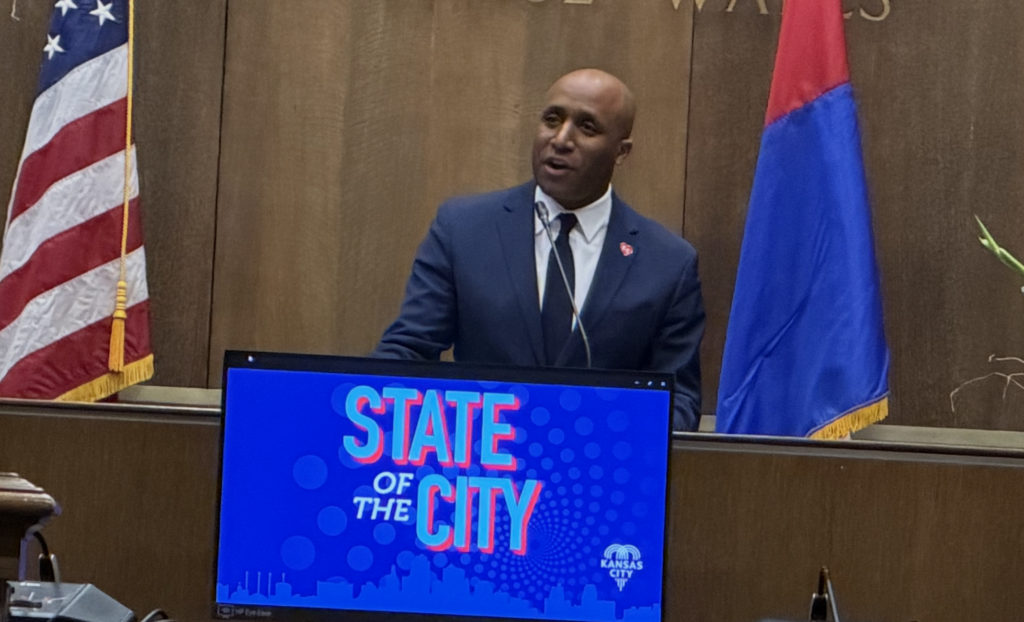KC Heroes: Ed Kander
Our monthly column where different community heroes write a tribute to their own KC hero
My grandfather, Ed Kander (known in my family as “Pop”), passed away a little over a year ago at the age of 95. Pop never demonstrated or marched, but he was quietly woke. On May 14, 1945, from his post in North Africa, he wrote to his mother about serving with black troops and how important he thought it was for them to be treated as full citizens after the war. A few years later, his mother—my great grandmother—found herself at NAACP meetings, but Pop came home, went into business, and tried like everyone else to pick up where they’d left off before the war. He finished college, got married, went into business, started a family, and eventually hoped to buy a home in an upper-middle-class neighborhood.
When real-estate developers put Kansas City together, they created housing contracts prohibiting African Americans and Jews from buying homes in certain neighborhoods, but in 1948, the US Supreme Court ruled these “racially restrictive covenants” unconstitutional. Over the decade-plus that followed, Jewish families like the Kanders slowly started moving into these sections of town, but African American families were far less welcomed. In fact, selling a house to a black family was referred to as “breaking the block.”
Around 1960, Pop, my grandmother, my dad, and my aunt and uncle moved into one of these neighborhoods. Shortly thereafter, Pop was more or less drafted into becoming president of the neighborhood association, which his new neighbors assured him wasn’t much work.
Here’s how Pop described it: “The biggest responsibility was that the neighborhood association president was also the coach of the baseball team, which was fine by me. The team was decent and I was going to the games anyway because your dad and your uncle both played. We didn’t have a kid who could play shortstop, so hunting for a shortstop was the toughest part of being neighborhood association president.”
But later that summer one of the families down the street sold their home to a shady out-of-towner who opened a boardinghouse, which was basically just an unlicensed hotel. Everyone was up in arms over the idea of all these strangers coming and going at all hours to a house in the middle of their peaceful residential neighborhood, so they called upon President Pop to take legal action.
Pop wasn’t a lawyer, but the law was clearly on his side, so he was able to go to court and navigate the process. Weeks later, as the case was about to be heard by a judge, the attorney for the boardinghouse owners found Pop outside the courtroom and issued a threat: “If this case goes forward, you’ll probably win, but you should know that my client has already identified a black family interested in moving into your neighborhood. If you don’t drop your case right now, my client is breaking your block.”
Even though he knew not everyone in the neighborhood would want him to ignore the threat and press forward, Pop didn’t skip a beat. He smiled at the lawyer and said, “That’s great! We’d love to have them.”
Then Pop very earnestly asked, “Do you happen to know if this new family has a kid who can play shortstop?”
My son True, a sixth-generation Kansas Citian, is in kindergarten, but he remembers Pop well, and so we talk about him all the time. It always makes me smile.
Jason Kander is the former Missouri Secretary of State and is currently leading the national expansion of the Veterans Community Project.





